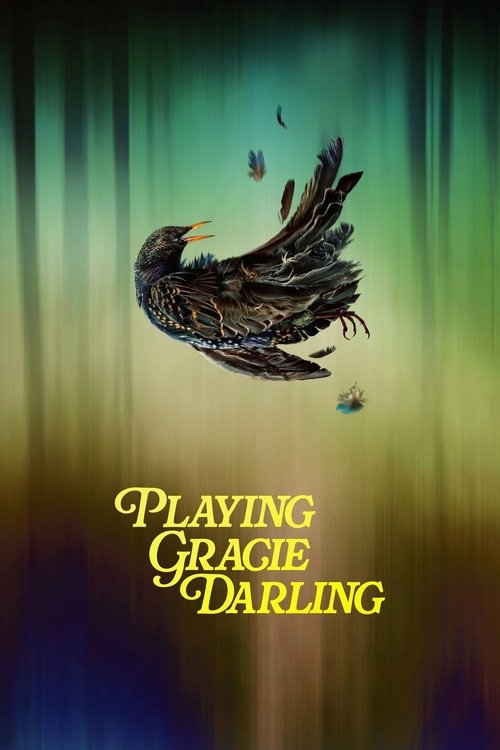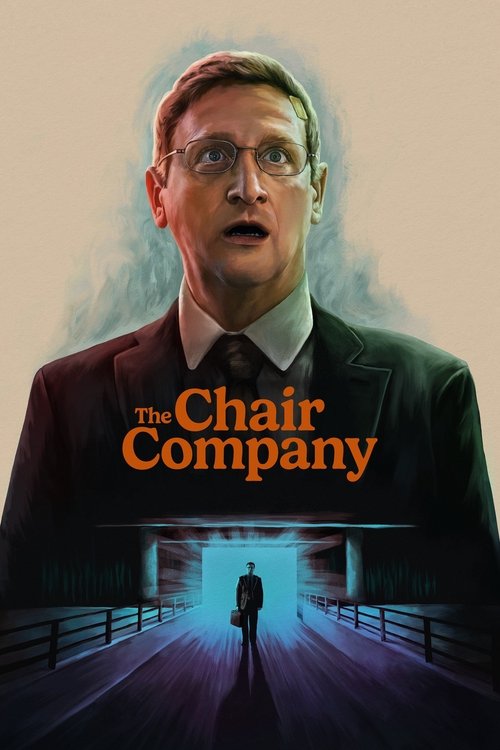
Ask Your Own Question
What is the plot?
The episode "Russia's Great Retreat 1915" from The Great War, Season 12, opens with the Russian army facing severe setbacks on the Eastern Front. The Russian forces, poorly equipped and suffering from low morale, are overwhelmed by the advancing German and Austro-Hungarian armies. The initial scenes depict chaotic retreats, with soldiers abandoning positions under heavy artillery and machine-gun fire. Commanders struggle to maintain order as communication lines break down.
As the retreat progresses, the episode focuses on key Russian military leaders making critical decisions. General Aleksei Brusilov orders a strategic withdrawal to more defensible positions, hoping to regroup and prevent a total collapse. However, the retreat is hampered by logistical failures, including shortages of food, ammunition, and medical supplies. Scenes show exhausted troops trudging through mud and snow, many falling ill or deserting.
The narrative then shifts to the political and social impact of the retreat. Tsar Nicholas II is shown grappling with the consequences of the military disaster, facing pressure from his advisors and the Duma. The episode highlights the growing discontent among the Russian populace, with scenes of protests and strikes in major cities. The Tsarina Alexandra's increasing influence over the Tsar and her reliance on Rasputin are depicted, adding tension to the royal court.
Amidst the turmoil, the episode introduces personal stories of soldiers and civilians affected by the retreat. One sequence follows a group of wounded soldiers evacuated to a field hospital, where medical staff work under dire conditions. Another sequence portrays a family in a village caught between retreating Russian forces and advancing enemy troops, illustrating the war's toll on ordinary people.
The climax of the episode centers on the Battle of Gorlice-Tarnów, where German and Austro-Hungarian forces launch a massive offensive that breaks through Russian lines. The battle scenes are detailed, showing artillery barrages, infantry assaults, and the eventual collapse of Russian defenses. The retreat turns into a rout, with Russian units disintegrating and commanders forced to abandon plans.
In the final scenes, the episode depicts the aftermath of the retreat. The Russian army is in disarray, with significant territorial losses and a shattered command structure. The Tsar's authority is weakened, and the episode ends with a somber tone, foreshadowing the further decline of Imperial Russia and the mounting pressures that will lead to revolution.
Throughout the episode, the visuals emphasize the harsh conditions of the Eastern Front, the desperation of the Russian troops, and the political instability at home. Key decisions by military leaders, the impact of logistical failures, and the human cost of the retreat are portrayed in a step-by-step, chronological manner, providing a comprehensive account of Russia's great retreat in 1915.
What is the ending?
The episode "Russia's Great Retreat 1915" from The Great War, Season 12, ends with the Russian Imperial Army conducting a strategic withdrawal from Galicia and the Polish Congress Kingdom under severe pressure from the Central Powers. The retreat is orderly but marks a significant blow to Russian morale and military position. Key Russian commanders are dismissed, and Tsar Nicholas II assumes direct command of the military as the army suffers heavy losses and territorial concessions.
Expanding on the ending scene by scene:
The episode concludes with the Russian forces overwhelmed by the Central Powers' summer offensive of 1915. German and Austro-Hungarian artillery fire relentlessly, cutting down Russian soldiers who stand their ground but are outgunned and under-supplied. The Russian artillery is critically short of shells, with some guns firing only one or two rounds per day, severely limiting their defensive capability.
Grand Duke Nicholas orders defensive stands first on the San River, then on the Dniester River, but the Central Powers break through both lines. As the enemy advances, Russian troops in the Carpathian Mountains abandon their hard-won positions to avoid encirclement. The Russian High Command hesitates initially but eventually commits its only reserve corps, which proves insufficient to halt the enemy.
The episode depicts the chaos and desperation among Russian ranks, with soldiers melting away under the pressure of the "Mackensen Steamroller"--a term used to describe the overwhelming German heavy artillery barrage. German newspapers are shown boasting of the victory, describing the Russian forces as disintegrating under the relentless firepower.
In the final scenes, the Stavka (Russian High Command) orders a full strategic withdrawal to shorten the front lines and prevent encirclement of large Russian forces. This retreat, while conducted with some discipline, is a severe psychological and strategic setback. The episode shows Tsar Nicholas II dismissing Grand Duke Nikolai and Chief of Staff Nikolai Yanushkevich, taking personal command of the military in response to the crisis.
The fate of the main Russian commanders at the end is clear: Grand Duke Nikolai and Yanushkevich are removed from their positions, reflecting the Tsar's loss of confidence in their leadership. The Russian army, though battered and demoralized, remains intact but is forced to cede significant territory to the Central Powers.
The episode closes on a somber note, emphasizing the heavy toll of the retreat on Russian morale and the shifting dynamics of command, setting the stage for further struggles on the Eastern Front.
This detailed narrative captures the sequence of military setbacks, leadership changes, and the human cost of the 1915 Great Retreat as portrayed in the episode.
Is there a post-credit scene?
The episode "Russia's Great Retreat 1915," Season 12, Episode 5 of The Great War (2025), does not have any publicly documented post-credit scene. Available information about this episode focuses on the detailed coverage of the 1915 Central Powers offensive and the resulting Russian retreat, but no mention or description of a post-credit scene is found in the sources related to this series or episode.
Therefore, it can be concluded that there is no post-credit scene for this specific episode.
What specific tactical mistakes did Russian commanders make during the Great Retreat of 1915?
Russian commanders, particularly General Ruzski, made critical tactical errors such as allowing a 50-mile wide gap to develop between his two armies centered on Riga and Kovno. This gap was only lightly patrolled by cavalry, making it vulnerable to German attack. Ruzski's fear of a German attack on Petrograd led to this gap, and the Russian High Command under Alexeyev refused to send reinforcements, prioritizing the preservation of the army over holding the line. These mistakes contributed to the collapse of the northern Russian lines and the forced retreat to the Vistula River.
How did the Russian artillery shortages impact the defense during the 1915 retreat?
Russian artillery was critically short of shells, with some guns having only one or two rounds per day, severely limiting their ability to respond to German attacks. This shortage contributed to the collapse of Russian defenses, as their artillery could not effectively counter the heavy German guns, which fired from positions out of range of the smaller Russian artillery. The lack of ammunition was a key factor in the rapid German advances and the high number of Russian surrenders early in the fighting.
What role did Grand Duke Nicholas play in the Russian defensive efforts during the retreat?
Grand Duke Nicholas initially ordered defensive stands on the San and Dniester Rivers to halt the Central Powers' advance. However, as these lines were crossed by the enemy, he dismissed General Radko Dmitriev on May 20, 1915, reflecting the high command's frustration with the failing defense. His decisions were part of the broader Russian attempts to stabilize the front before the eventual retreat.
How did the German 10th Army contribute to the collapse of Russian defenses in 1915?
The German 10th Army led the attack that caused the initial Russian surrenders and took over key positions, capturing all the guns and 850,000 artillery shells from the Russians. Their successful offensive exploited the gap between Russian armies and contributed significantly to the collapse of the northern Russian lines. Their advance forced the Russians to retreat and abandon strategic locations such as Warsaw.
What were the emotional and psychological states of Russian soldiers during the retreat as depicted in the episode?
Russian soldiers experienced extreme stress and fear under the intense German artillery bombardment, described as being cut to pieces by shrapnel. Many stood and fought bravely, but others were overwhelmed, leading to mass surrenders. German reports noted hysteria and 'insanity' raging in the Russian ranks, with cries rising above the roar of guns, indicating a breakdown in morale and psychological resilience during the retreat.
Is this family friendly?
The episode "Russia's Great Retreat 1915" from The Great War, season 12, is rated TV-14 and contains moderate violence and gore, mild profanity, moderate alcohol/drug use, and severe frightening and intense scenes. There is no sex or nudity. Potentially upsetting content includes scenes of combat with some blood shown (such as a sniper shooting and knife fights with minimal blood), graphic black-and-white photos of decaying bodies, and references to racist lynching described in somewhat graphic detail. These elements may be disturbing for children or sensitive viewers.











